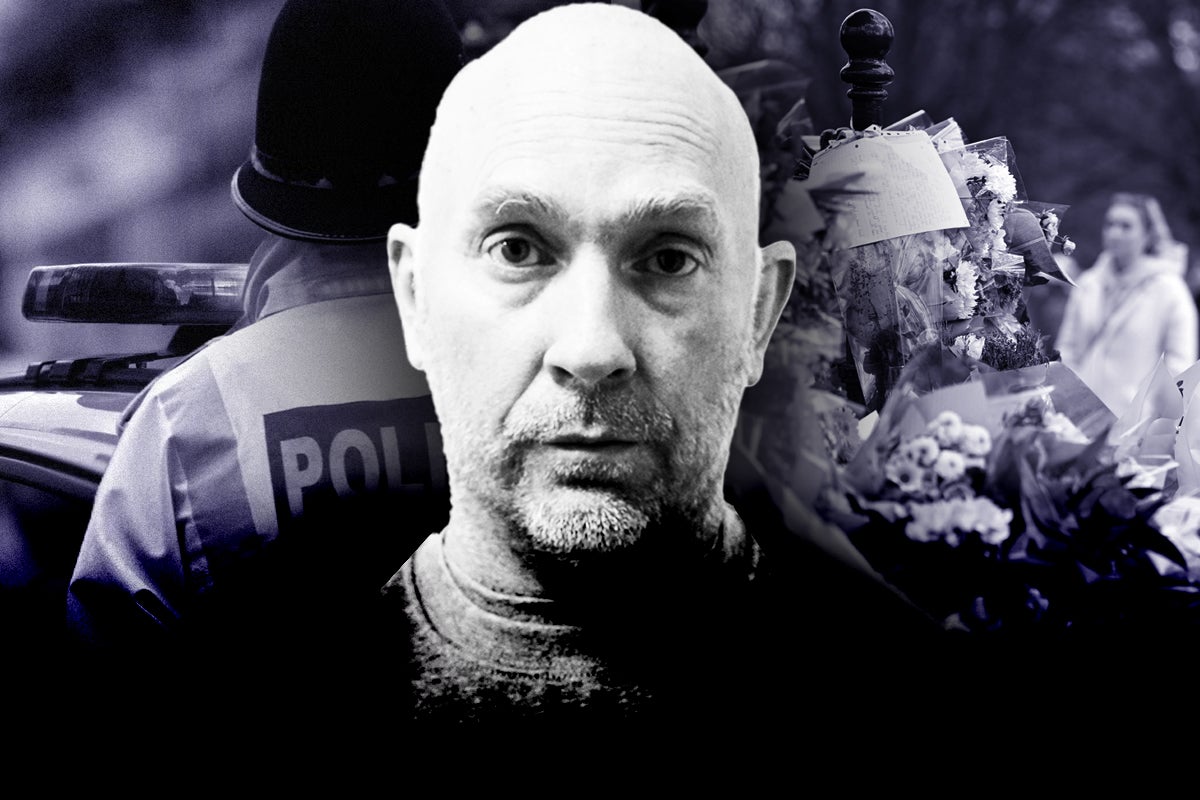Police face looming staffing crisis with one in five officers planning to quit
Officers reported having faeces thrown at them and being spat at in public, adding they feel like a ‘scapegoat’ for the nation’s issues in a new survey
Policing is facing a “perfect storm”, with fears of a looming staffing crisis as figures reveal more than one in five officers is poised to quit the service.
A major survey of rank and file officers found 22 per cent are planning to resign in the next two years – up from 18 per cent the previous year and just 12 per cent in 2021 – in the wake of complaints of poor pay, declining mental health and low morale.
The stark figures from the Police Federation’s annual survey come after a record figure of almost 9,200 officers left forces last year, with one police figure warning: “They are feeling that it’s just not worth being a police officer any more. We have never known it so bad.”
According to the survey, officers have had faeces thrown at them and endured being spat at in public, with many feeling like they are a “scapegoat” for the nation’s issues.
It comes after a string of shocking scandals involving police officers, including serial rapist David Carrick and Sarah Everard’s attacker Wayne Couzens, as well as a high-profile spat with former home secretary Suella Braverman, who accused police of bias in their handling of protests over the Israel-Gaza conflict.
Federation chairman Steve Hartshorn warned policing is facing a recruitment and retention crisis if another 9,000 leave the force this year – adding that the attrition rate has previously sat at between 6,000 to 7,000 leavers.
He pointed out that officers are struggling with low pay during the cost of living crisis, forcing six in 10 to cut down on energy use and spend less on food and essentials, combined with unsustainable workloads – including pressure facing officers drafted in from around the country to police the protests.
They are also struggling with the “drip, drip, drip” effect of repeated scandals involving rogue officers.

He told The Independent: “Cops are afraid to say they are cops. That’s a sad indictment of the way things have gone.
“When colleagues are out dealing with calls, they are being abused. Being called racist, being called abusers because of the minority of colleagues who have committed heinous crimes,” he said.
Eighty-five per cent of those polled said they are not fairly paid given the dangers they face on the job, with 15 per cent saying they had suffered one or more injuries in the past year.
Seven in 10 said they would not recommend joining the police to others, while 78 per cent cited poor government treatment among their reasons for leaving the force.
More than two-thirds indicated they had experienced feelings of stress, low mood, anxiety or other problems with their mental health and wellbeing over the last 12 months, according to the survey of more than 28,000 officers.
Some 18 per cent of officers struggle to pay for essentials. The federation says police pay hasn’t kept pace with other public sectors or inflation, with officer pay up just 40 per cent between 2000 and 2023, compared to 98 per cent in other public sectors.
He said last year’s seven per cent pay rise was the only “meaningful” uplift officers have seen in recent years. But one respondent insisted it had been “wiped out” by the cost of living crisis.
Mr Hartshorn added: “They have borne the brunt of austerity. They are feeling that it’s just not worth being a police officer any more and they can go to the private sector for less risk and be much safer.”

One officer revealed they were considering leaving the force because overseas police are offered better pay and conditions. The officer cited an “Australian police advertisement with greater pay, annual leave, [and better] treatment of officers”.
There were 147,098 full-time police officers in England and Wales as of September last year, slightly down on peak numbers last March after forces met a target set by Boris Johnson to recruit 20,000 officers.
Mr Hartshorn continued: “At a critical time where the police service is looking to rebuild eroded public confidence, a sustained recruitment and retention programme is needed to meet demand and deliver. The numbers we currently have are not enough and we are haemorrhaging officers.
“We do not need to scratch our heads wondering why they are quitting, because the evidence is right here, with unfair pay at the centre of it all.”
The survey comes after Met commissioner Sir Mark Rowley revealed he is facing a “deeply concerning” workforce shortfall, with the country’s biggest force expected to be 1,400 short by the end of March.
Last week, he called for a pay rise for officers at or above inflation, with London weighting increased by at least £2,000. He also wants the lowest salary levels abolished and chief officers given greater powers to set starting pay.
The chief constable of Gwent Police, Pam Kelly, said the National Police Chiefs’ Council had called for an above-inflation pay increase across all ranks and higher starting salaries for constables in evidence to the Police Remuneration Review Body (PRRB) and the Senior Salaries Review Body (SSRB).
She said policing remained an attractive proposition for many but said forces need to “closely focus” on retention, adding: “While the remit of policing has not stopped expanding, investment has remained static and since 2010, officer numbers have increased by 2.5 per cent, while crime has increased by 25 per cent.
“There is around a £3bn cash deficit and the current police funding formula has, for a long time, been unfit for purpose. The need for long-term thinking around funding is at a critical point and we must do all we can to ensure our people have the right skills, knowledge and support to continue delivering an outstanding service for the public.”
A Home Office spokesperson said: “We delivered on our promise to recruit 20,000 additional officers by March last year. Latest figures show there continues to be over 149,000 officers, higher than the previous peak in 2010, before our unprecedented recruitment drive.
“Our latest survey of new police recruits found that 85 per cent of respondents were satisfied with their job, and that 72 per cent intend to stay in their role until retirement age.”

